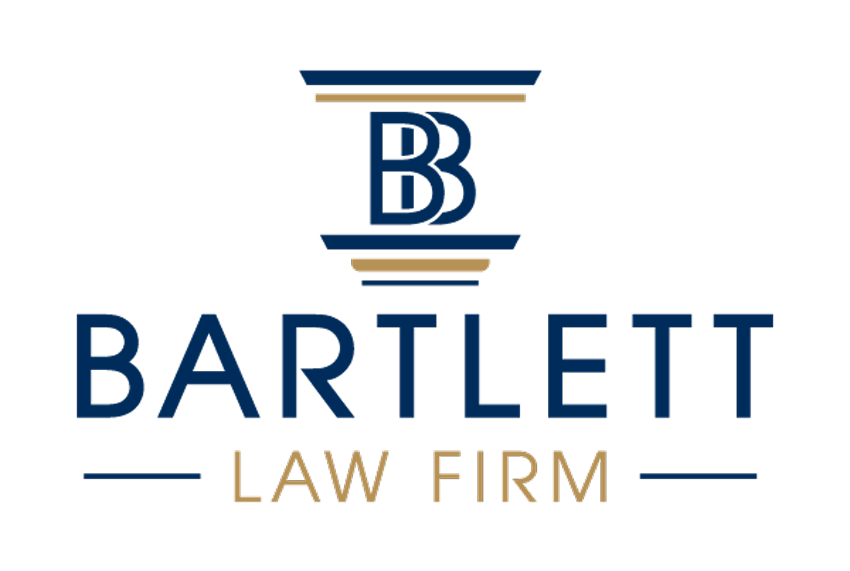7 Documents to Include in Your Estate Planning
As COVID-19 continues to hospitalize thousands of people across the world every day, there has never been a better time to talk to a local lawyer about putting together an estate plan. Taking care of this now, while you’re healthy and have time to think things through, can reduce the strain on your friends and relatives if something goes wrong.
How Estate Planning Supports Your Family
A short sampling of the many reasons why estate planning is so important - especially during challenging and uncertain times - would include:
It Can Ensure That You Receive the Medical Treatment You Want
Most people think of estate planning as a way to ensure that their assets are equitably distributed after their death. However, an effective estate plan can also ensure that you receive the medical care you want if you are admitted to the hospital with COVID-19 or any other illness, and are unable to consent to treatment.

If, for instance, you fall into a coma and are being kept alive by a ventilator, your estate plan can instruct the hospital to remove the machine and allow you to pass away naturally. By providing your physicians with this instruction, you can prevent your family from having to make a horrible decision and significantly reduce the cost of your end-of-life care.
It Protects Your Children
If you are a parent to young children, you will no doubt be keen to ensure that they are loved and cared for after your death. A well-thought-out estate plan can help you accomplish this goal.
For example, your plan can name a specific person that you would like to become the guardian of your kids after you are gone. It can also place a portion of your assets into a trust that the guardian can use to provide them with the things they need to succeed in life.
It Allows Your Loved Ones to Avoid Probate
Should you die without having an estate plan in place, your assets will need to go through probate before they reach your beneficiaries. Depending on the complexity of your estate, this process can take years.
If you have a detailed plan in place, your loved ones should not need to go through this challenging process. Instead, your assets will be divided among your friends and family members in accordance with your wishes.
It Prevents Family Squabbles
Unfortunately, the division of deceased relative's assets often leads to fights and intense disagreements among family members. And whether it is a cousin claiming that the deceased person promised them their summer house or a former spouse arguing that they should be entitled to more money, these squabbles can become nasty quite quickly.
A well-thought-out estate plan can prevent this problem. By explicitly stating which assets each of your family members should receive, you can massively reduce the chances of any disagreements occurring.
It Can Reduce Your Beneficiaries' Tax Bill
When assets are passed on to a beneficiary after an individual's death, a sizable portion is often lost to state and federal taxes. This loss is usually avoidable.
If you would like to reduce or eliminate the tax burden placed on your loved ones, you would be wise to take some time to talk to an attorney about the best way to pass on your assets. Doing so can potentially save your friends and family thousands of dollars.
7 Documents to Include in Your Estate Plan
Now that you understand how estate planning can help to make life less stressful during difficult times, you may be wondering which documents you should include in your plan. The answer will, of course, depend on the specific nature of your financial and family situation. However, most people can benefit from creating and signing the following documents:
A Last Will and Testament
A last will and testament is arguably the most essential estate planning document. It helps to determine what will happen to your financially valuable and sentimental assets.
Your will can also include provisions for your funeral and burial or cremation.

A Durable Power of Attorney
If you are incapacitated because of COVID-19 or for any other reason, a durable power of attorney document will allow one of your friends or relatives to handle your financial affairs on your behalf. Without this document, all decisions regarding your assets would almost certainly be made by a court.
When you sign a durable power of attorney document, you do not give the other party permanent control of your affairs. You are free to revoke their power as soon as you are mentally and physically capable of taking care of your own finances again.
A Healthcare Power of Attorney
A healthcare power of attorney document is much like a durable power of attorney document, insofar as they both allow one of your loved ones to control an aspect of your life when you are unable to do so. However, a healthcare power of attorney document does not give that person control over your financial affairs. Instead, as implied by the name, it gives them the ability to make medical decisions on your behalf.
Creating a document such as this can prevent a lot of family fights during the final days and weeks of your life.
A Guardianship Designation
If you have any children, you can use a guardianship designation to name a person to take care of them after your death. Generally speaking, you should try to choose someone who:
- Is financially stable
- Lives near your current address
- Shares your values and worldview
- Is healthy and active enough to keep up with young children
- Is willing to do the job
Should you fail to name a guardian, a court may send your kids to live with a relative that you would not have chosen. In some cases, your children may even become wards of the state.
A Letter of Intent
A letter of intent is a simple document that details what you wish to be done with a particular asset after you pass away. You may also include special requests that you would like your family to honor in this document.
A letter of intent does not have the same legal standing as a last will and testament. However, it can provide judges, executors, and beneficiaries with additional information about your wishes.
A Beneficiary Designation
Many of your assets can be passed on without being explicitly dictated in a last will and testament. Those assets include:
- 401(k)s
- IRAs
- Bank accounts
- Assets held in a trust
However, if you wish to ensure that these assets end up in the right hands, you will need to complete and sign a beneficiary designation document.
When naming a beneficiary, you must ensure that they are over the age of 21 and are mentally competent to control your assets. Should you fail to do so, a court may intervene and award your assets to another party.
A Provision for Digital Assets
Creating a provision for digital assets is the best way to give your loved ones access to your photos and saved documents. This is also the best document to use to provide your family with a list of your passwords. Should you choose to include your passwords in your will, there is a chance that they may one day become public.

